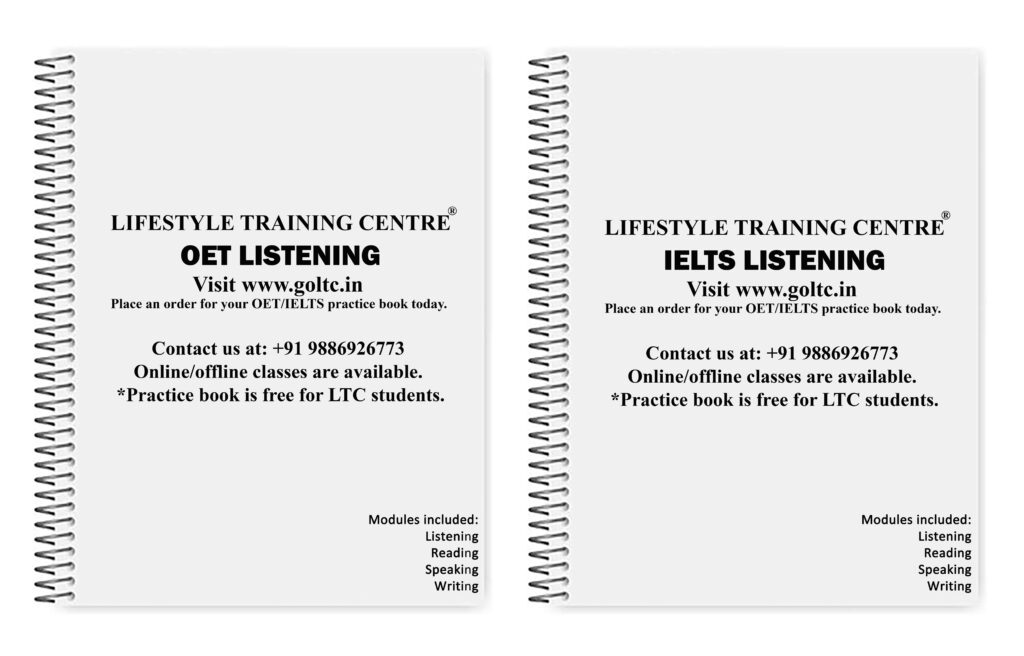The IELTS speaking test is assessed based on four criteria, each contributing to a band score. Here are the criteria along with a brief description:
Fluency and coherence (25%)
• speaks fluently with only rare repetition or self-correction; any hesitation is content-related rather than to find words or grammar
• speaks coherently with fully appropriate cohesive features
• develops topics fully and appropriately
Lexical resource (25%)
• uses vocabulary with full flexibility and precision in all topics
• uses idiomatic language naturally and accurately
Grammatical range and accuracy (25%)
• uses a full range of structures naturally and appropriately
• produces consistently accurate structures apart from ‘slips’ characteristic of native speaker speech
Pronunciation (25%)
• uses a full range of pronunciation features with precision and subtlety
• sustains flexible use of features throughout
• is effortless to understand
Improving your IELTS speaking score in the four criteria involves targeted practice and focused efforts. Here are specific tips for enhancing performance in each criterion:
1. Fluency and Coherence:
– Practice Regularly: Engage in regular speaking practice to build fluency. Speak on a variety of topics, focusing on maintaining a smooth and continuous flow of speech without excessive pauses.
– Use Linking Words: Practice incorporating a range of linking words and phrases to connect ideas coherently. This enhances the overall structure of your responses.
2. Lexical Resource:
– Expand Vocabulary: Work on expanding your vocabulary by learning new words and phrases related to common IELTS topics. Read extensively and practice using diverse vocabulary in your responses.
– Paraphrasing Skills: Hone your paraphrasing skills to demonstrate a versatile use of language. Practice expressing the same idea in different ways.
3. Grammatical Range and Accuracy:
– Grammar Exercises: Regularly practice grammar exercises to improve your understanding of sentence structures and grammatical forms. Focus on common grammatical errors and work to eliminate them.
– Varied Sentence Structures: Experiment with different sentence structures, including simple, compound, and complex sentences. This demonstrates your ability to use a variety of grammatical forms.
4. Pronunciation:
– Listen and Imitate: Listen to native English speakers, such as podcasts, news, or videos, and try to imitate their pronunciation. Pay attention to stress, intonation, and rhythm.
– Record Yourself: Record your speaking responses and listen critically to identify areas for improvement. Consider seeking feedback from teachers or language partners.
– Practice with Native Speakers: Engage in conversations with native speakers to enhance your pronunciation and improve your ability to be understood by a diverse audience.
General Tips:
– Simulate Test Conditions: Practice in conditions similar to the actual test. Use a timer, record your responses, and create a test-like environment to build confidence.
– Take Professional Guidance: Consider taking IELTS preparation courses or seeking guidance from language experts who can provide personalised feedback and strategies for improvement.
Consistent and targeted practice across these areas will contribute to overall improvement in your IELTS speaking performance.
IELTS Speaking Task Topics
Click on any topic to explore more!
Names
Learn about the importance of names and their cultural significance.
Study / Job
Discuss various aspects of studying and working in different fields.
Hometown
Explore the charm of your hometown and its unique features.
Accommodation
Understand various types of accommodation and living situations.
Weather
Learn about how weather influences daily life and activities.
Time
Discuss the concept of time, its importance, and time management.
Television
Talk about the role of television in modern entertainment.
Museum
Discuss the cultural importance of museums and historical exhibits.
Holidays
Explore the significance of holidays and different celebrations.
Films
Learn about the impact of films on culture and society.
Leisure Time
Discuss how leisure activities impact personal well-being.
Sport
Talk about the role of sports in health, entertainment, and culture.
Vegetables and Fruits
Discuss the health benefits and importance of fresh produce.
Maths
Explore the role of mathematics in various aspects of life.
Sky
Discuss the beauty and scientific significance of the sky.
Clothes and Fashion
Explore how clothing reflects culture and personal expression.
Weekend
Discuss the importance of weekends and ways people relax.
Reading
Learn about the importance of reading and various reading habits.
Sleep
Explore how sleep impacts physical and mental well-being.
Trees and Plants
Discuss the environmental and health benefits of plants.
Newspaper
Discuss the evolving role of newspapers in the digital age.
Text Messages
Explore the role of text messaging in modern communication.
Memorizing
Learn techniques for improving memory and memorization.
Traveling
Discuss the importance and impact of traveling in modern society.
Letters or Emails
Explore the differences and significance of letters vs. emails.
Swimming
Discuss the benefits of swimming for health and fitness.
Snacks
Explore the role of snacks in daily nutrition and lifestyle.
Photography
Discuss photography’s cultural and artistic significance.
Help
Talk about the importance of offering and receiving help.
History
Discuss historical events and their impact on modern society.
Handwriting
Explore the significance of handwriting in education and culture.
Music
Learn about the influence of music on emotions and society.
Colours
Discuss how colours affect perception and mood.
Teachers
Explore the role of teachers in shaping students’ futures.
Being Alone
Talk about the experience and benefits of spending time alone.
Teamwork
Learn the importance of teamwork in professional and social contexts.
Countryside
Explore the charm and benefits of living in the countryside.
Social Media
Discuss the impact of social media on society and relationships.
Friends
Explore the importance of friendships in life.
Artificial Intelligence (AI)
Talk about the future of AI and its role in society.
Climate Change
Discuss the causes and consequences of climate change.
Sustainable Transportation
Explore ways to make transportation more environmentally friendly.
Space Exploration
Learn about the latest advancements in space exploration.
Shopping
Explore how shopping influences culture and the economy.
Modern Technology
Discuss how modern technology is reshaping society.
Technology
Learn about the role of technology in everyday life.
Sustainable Living
Explore ways to live sustainably for the future of the planet.
Globalisation
Learn about the effects of globalisation on society and economies.
Global Warming
Discuss the causes, effects, and solutions to global warming.
Gender Equality
Explore the importance of gender equality in modern society.
Health and Fitness
Discuss the importance of maintaining a healthy lifestyle.
Renewable Energy
Learn about renewable energy sources and their impact on the environment.
Cultural Traditions in Kerala
Explore the unique cultural traditions of Kerala, your hometown.
Cultural Traditions in Your Country
Learn about the cultural traditions in your country.
Education System
Discuss the education system in your country and its effectiveness.
Traditional Cuisine
Explore the significance of traditional cuisines in your culture.
Do you need printed IELTS/ OET practice material? Place your order today. Available now for just Rs: 1,100 (including shipping all across India) Contact us at our WhatsApp number: +91 9886926773 to place your order. (Free for LTC students)

We hope this information has been valuable to you. If so, please consider a monetary donation to Lifestyle Training Centre via UPI. Your support is greatly appreciated.

Would you like to undergo training for OET, PTE, IELTS, Duolingo, Phonetics, or Spoken English with us? Kindly contact us now!
📱 Call/WhatsApp/Text: +91 9886926773
📧 Email: [email protected]
Visit us in person by following the directions on Google Maps. We look forward to welcoming you to the Lifestyle Training Centre.
Follow Lifestyle Training Centre on social media:
Thank you very much!